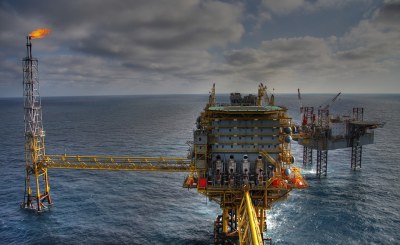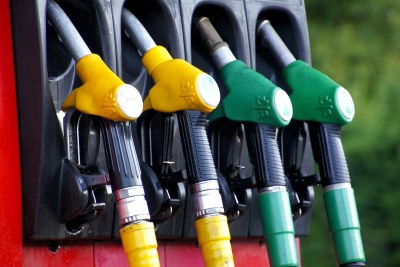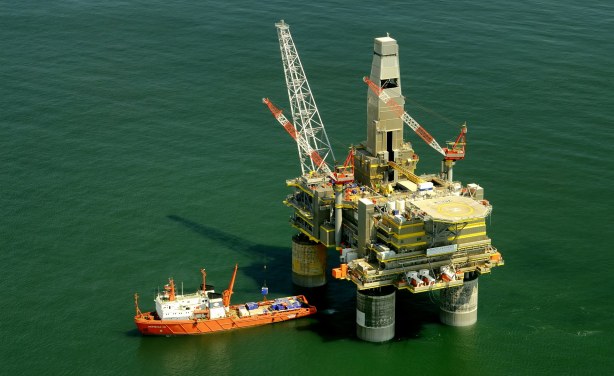-
Nigeria: What's in Store for Nigerians As Oil Price Surges? Experts Speak
Premium Times, 8 March 2022
For a country like Nigeria, which sells crude and buys refined fuel, the effects will not be as straightforward. Read more »
-
Nigeria: Fuel Scarcity Worsens Across Nigeria, Grounds Economic Activities
Premium Times, 7 March 2022
Some drivers say they spend nights at filling stations to get petrol. Read more »
-
Nigeria: Nigeria Recorded N29.2trn Financial Transactions in February - Report
This Day, 7 March 2022
The total value of monetary transactions in the Nigerian economy through four major payment systems grew by 1.84 per cent to N29.40 trillion in February 2022, from N28.871 trillion… Read more »
-
Nigeria: Oil Price Surges Above $113 As OPEC Keeps Supply Unchanged
This Day, 3 March 2022
Crude oil price yesterday continued its upswing as Brent, Nigeria's benchmark crude, rose above $113 per barrel for the first time in close to eight years. This was as the… Read more »
-
Nigeria: Nigeria Loses As Russia-Ukraine War Escalates Global Oil Prices
Daily Trust, 27 February 2022
The escalating war between Russia and Ukraine has sent oil prices to new highs, with the Bonny Light breaking the $100 per barrel resistance level on February 24 for the first time… Read more »
What's in Store for Nigerians As Oil Price Surges? Experts Speak
The price of crude rose to U.S.$130 a barrel, the highest since 2008 as the United States and its European allies considered banning the importation of Russian oil in protest against Russia's invasion of Ukraine.
The expectation is that oil-exporting countries will rake in revenues and grow their foreign reserves, while the cost of goods will rise globally. But for a country like Nigeria, which sells crude and buys refined fuel, the effects will not be as straightforward.
Paul Alaje, an economist at SPM Professionals, said, "The increase in pump price to an unprecedented amount in recent years has shown that the Nigeria government will earn more in revenue from crude, however, as soon as this revenue comes, the Nigerian government will give it out to refineries around the world. "The direct implication of this is that the government will now need to pay more in subsidies beyond the gauge that was received from revenue. This will also further deplete the potential share of the revenue," Alaje said.
The fuel scarcity situation being faced nationwide may further be prolonged because the vessels that bring refined petroleum products into the country from countries around Ukraine and Russia are likely to face some delays.
InFocus
-
African leaders have reacted with concern to the Russian invasion of Ukraine. As African students who are studying in the Ukraine call for help, world markets recoil and global ... Read more »
-
Nigeria, Africa's largest oil producer is once again being hit by recurrent fuel scarcity issues - and it's hurting small businesses. Millions of people are spending hours ... Read more »





